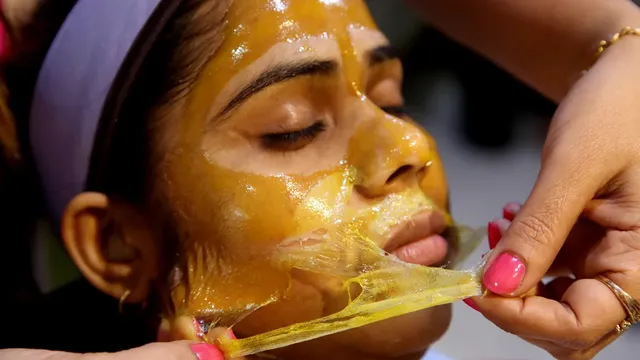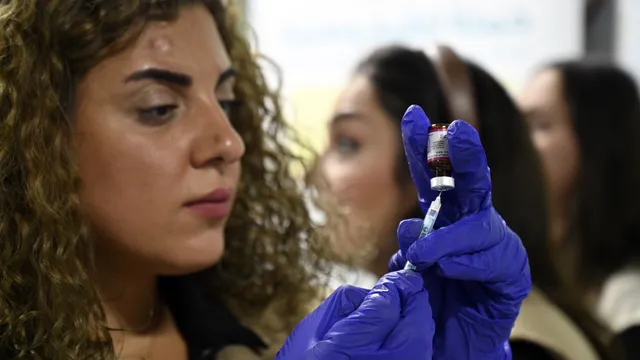Brightening products that are used incorrectly have disastrous dermatological consequences. However, they continue to be promoted by an industry that values whiteness.
This market affects between 25% and 80% of women in African countries and amounts to €9.26 billion. Lightening products, which aim to whiten the skin of black people, enjoy widespread advertising inspired by colonial beauty standards, according to which white skin is more desirable.
But these creams or lotions, which are sometimes used on babies and young children, pose a serious health hazard, carrying a risk of cancer, the Guardian says. "Patients with black skin have a natural SPF of around 15, simply due to their pigmented skin. By removing this melanin - with lightening creams, they are actually removing the natural protection," explains Nkoza Dlova, head of the department of dermatology at the University of KwaZulu-Natal, South Africa.
She is currently preparing a scientific paper describing over fifty-five cases of cancer diagnosed in women who have used these types of cosmetic products and calling for better regulation.
Almost every day at her clinic in Durban (South Africa), she sees patients suffering from skin problems related to the use of these products. "Not everyone suffers from skin cancer... They come in with fungal infections resistant to the usual treatments. They have pimples called steroid-induced acne as well as rosacea. Some have permanent stretch marks; all of these complications are extremely common," Dlova explains.
Among the toxic substances contained in these bleaching creams are hydroquinone - banned in Europe and in some African countries such as South Africa, Rwanda and Ivory Coast - and corticosteroids. The latter are used in dermatology to treat inflammatory skin diseases such as eczema, but have the side effect of lightening the skin, which is exploited by cosmetics marketers.
The International League of Dermatological Societies warns of the dangers of these products and calls for better regulation, but is faced with disinterest from governments on this issue, without taking into account the influence of the fashion industry and social networks, which have recently seen a rise in the promotion of these products.
"Marketing, social networks and media have an important role to play: fashion, celebrities, etc. If they use black models with lighter skin, they convey the message that you are more beautiful, that you can be a model, that you are more attractive if you have lighter skin. So we should make sure that advertisements include different skin colours when choosing models," urges Nkoza Dlova. I BGNES

 Breaking news
Breaking news
 Europe
Europe
 Bulgaria
Bulgaria







